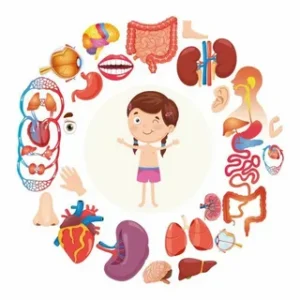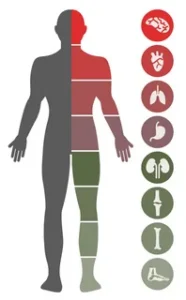The Hidden Dangers of Fast Food
Fast food is often seen as an easy and convenient option for busy individuals. However, frequent consumption of fast food can lead to a wide range of health issues, many of which are long-term and severe. Fast food items like burgers, fried chicken, and fries are typically loaded with unhealthy fats, sugars, and refined carbohydrates. These ingredients, while tasty, contribute significantly to weight gain, obesity, and a higher risk of chronic conditions such as heart disease and diabetes.
The excessive amount of trans fats and saturated fats in fast food can raise bad cholesterol (LDL) levels and lower good cholesterol (HDL). This imbalance increases the risk of plaque buildup in the arteries, ultimately leading to heart disease. In addition, these unhealthy fats promote inflammation in the body, which has been linked to a number of chronic diseases, including arthritis and certain cancers.
Fast food is also typically high in sodium, which can lead to high blood pressure, kidney damage, and an increased risk of stroke. The preservatives and additives used to enhance flavor and extend shelf life are often high in artificial chemicals that have been associated with various health concerns, including digestive issues and even cancer.
Beyond physical health, the addictive nature of fast food is concerning. The combination of sugar, fat, and salt in fast food can trigger pleasure centers in the brain, making you crave more. This cycle leads to overeating, further exacerbating weight gain and health issues. Instead of turning to fast food, consider preparing simple, nutritious meals at home using fresh, whole ingredients. This shift can have a profound impact on your overall well-being.









Post Comment